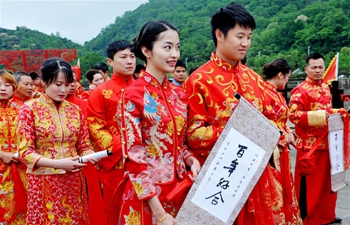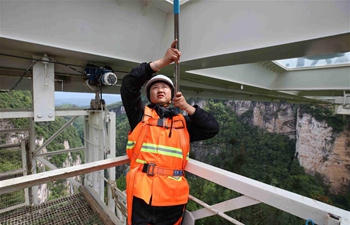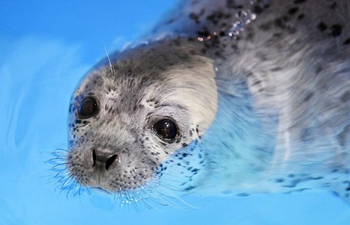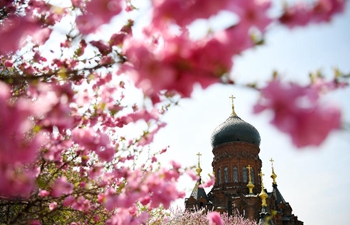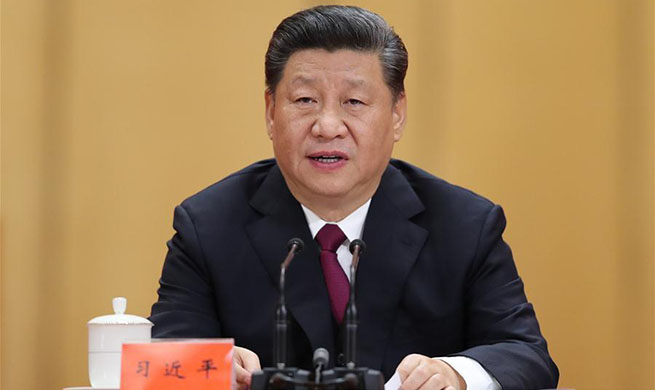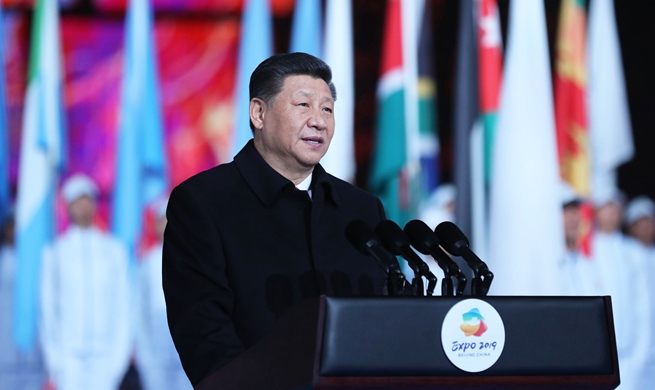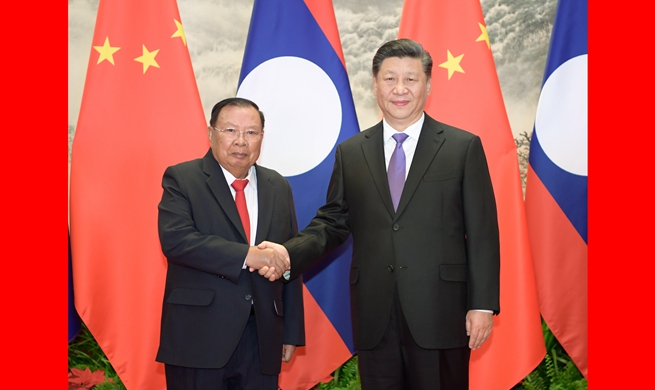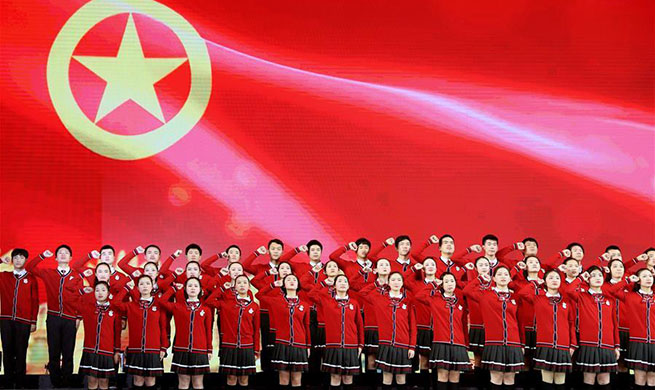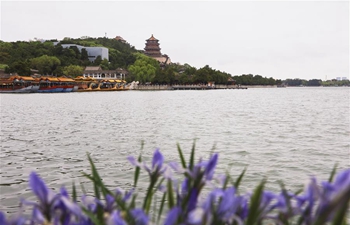LONDON, April 30 (Xinhua) -- The University of Cambridge has announced Tuesday a two-year in-depth academic study to explore its historical links to the Atlantic slave trade.
It said the study will look into ways in which the university "contributed to, benefited from or challenged the Atlantic slave trade and other forms of coerced labour during the colonial era".
The inquiry will be conducted by two full-time postdoctoral researchers, based in the Centre of African Studies, part of the School of Humanities and Social Sciences. They will explore university archives and a wide range of records elsewhere to uncover how the institution may have gained from slavery and the exploitation of labour, through financial and other bequests to departments, libraries and museums.
A specially commissioned Advisory Group appointed by the Vice-Chancellor Stephen Toope has been asked to recommend appropriate ways to publicly acknowledge past links to slavery and to address its impact.
The eight-member Advisory Group overseeing the work is being chaired by Martin Millett, the Laurence Professor of Classical Archaeology. The Group draws its membership from relevant academic departments across the University, and it will call on further external expertise as necessary.
Toope, the Vice-Chancellor, said: "There is growing public and academic interest in the links between the older British universities and the slave trade, and it is only right that Cambridge should look into its own exposure to the profits of coerced labour during the colonial period."
"We cannot change the past, but nor should we seek to hide from it. I hope this process will help the University understand and acknowledge its role during that dark phase of human history."
The Group is expected to deliver its final report to the Vice-Chancellor in autumn 2021. Alongside its findings on historical links to the slave trade, the report will recommend appropriate ways for the university to publicly acknowledge such links and their modern impact.
The Times newspaper reported that the investigation is the first of its kind in England and Wales. Glasgow University carried out a similar but smaller study last year, finding that it had benefited to the tune of almost 200 million pounds.

